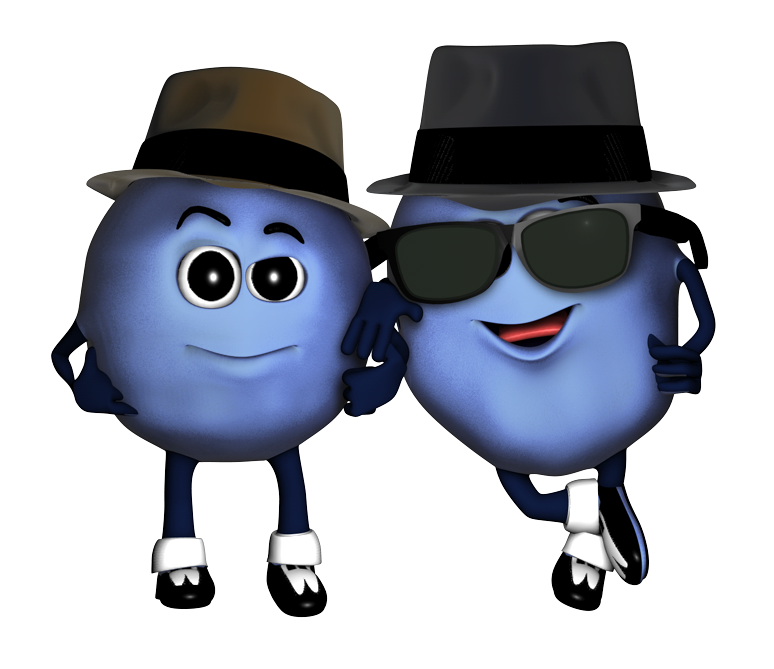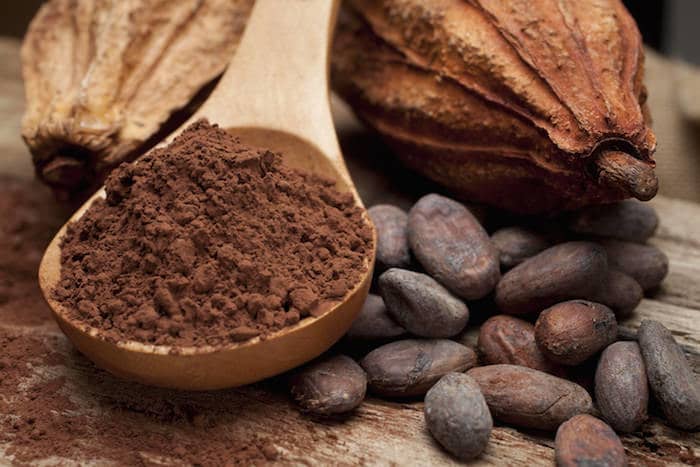“What’s Maaatch-Ah?”
We’ve heard that question at least 100 times over the past month, despite Matcha emerging as one of the hottest ingredient trends of the past year. So, we figured we’d write a post about this wonderful green powdered leaf!
What is Matcha?
The word Matcha is Japanese: “Ma” translates to “Rubbed” or “Ground” and “Cha” mean “Tea”. Thus – as you may have guessed – Matcha is a type of ground-up green tea. So why isn’t it just called green tea?
We’re so glad you asked! Matcha gets its own exotic name because it’s a unique type of green tea. It’s difference is not in genetic makeup (it comes from the Camellia sinensis plant, just like the stuff in your tea bags), but rather from the way it’s cultivated, prepared, and consumed.

Here are the five main points of differentiation:
- It’s shade grown. Matcha leaves are protected from the sun and exposed to light in a highly controlled manor.
- It’s seasonal. Only the newest spring buds and leaves make the cut for matcha production.
- It’s steamed. Matcha tea leaves are typically steamed within hours of plucking to both halt the oxidation process and bring out their rich green color.
- It’s stone ground. Unlike most teas, which are rolled, shaped, and dried, Matcha leaves are stripped of their veins and steams and then ground in slow-turning stone mills.
- It’s consumed whole. Whereas traditional tea is steeped in hot water, Matcha powder is whisked into hot water and consumed whole.

Why is Matcha So Great?
With exponentially more antioxidants than any other "superfood," Matcha is pretty much the best thing on the planet you can put in your body. We could write a novella on its health benefits, but here are three of the biggest ones:
- It’s incredibly rich in a compound called flavonoids, which has been shown to be hugely beneficial to the brain.
- It’s also packed with a compound called EGCD, which has been shown to boost metabolism and counteract cancer cells.
- It supports jitters-free energy through a combination of caffeine and an amino acid called L-theanine.

But, for all the benefits Matcha can offer, it can also do harm if sourced from the wrong area! For instance, some Matcha from China has been shown to include concerning amounts of lead. At IQ Bar, we source directly from a Japanese vendor who conducts incredibly thorough testing for contaminants before it's put into our Matcha Hazelnut bar, so no cause for concern there!


